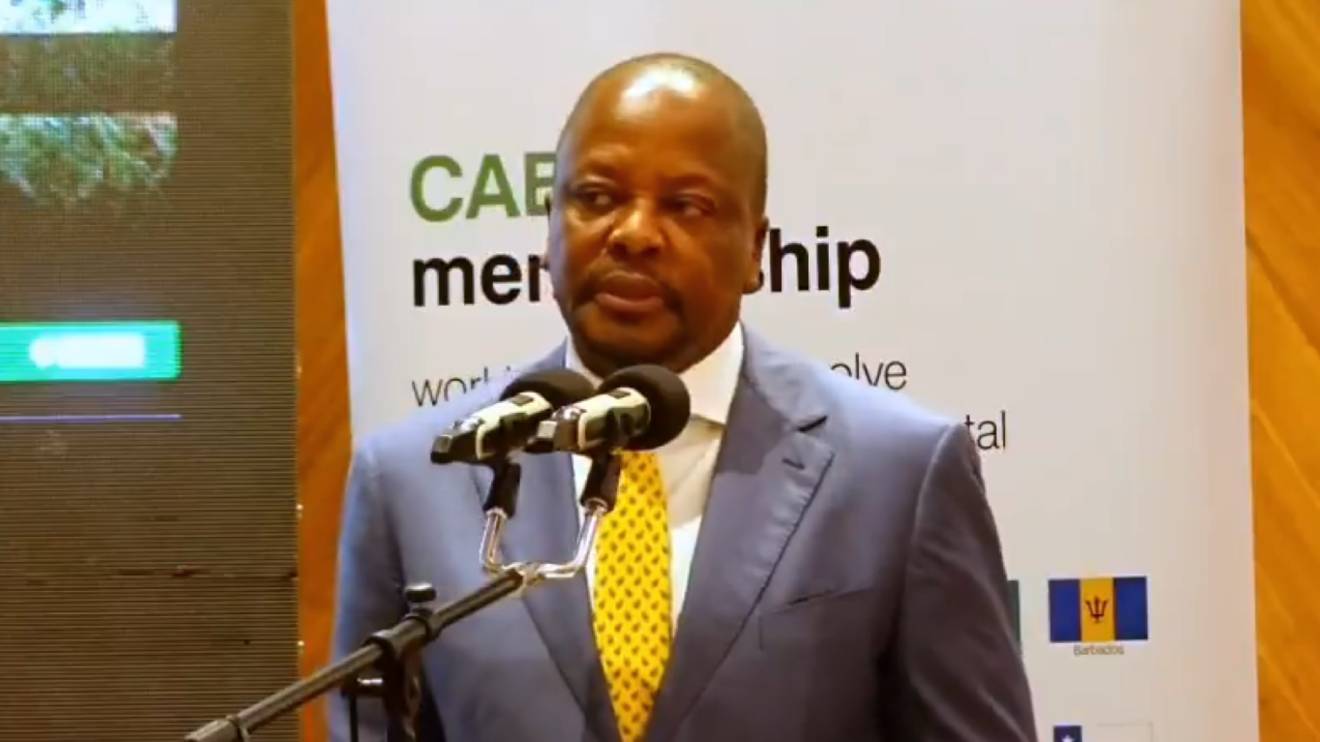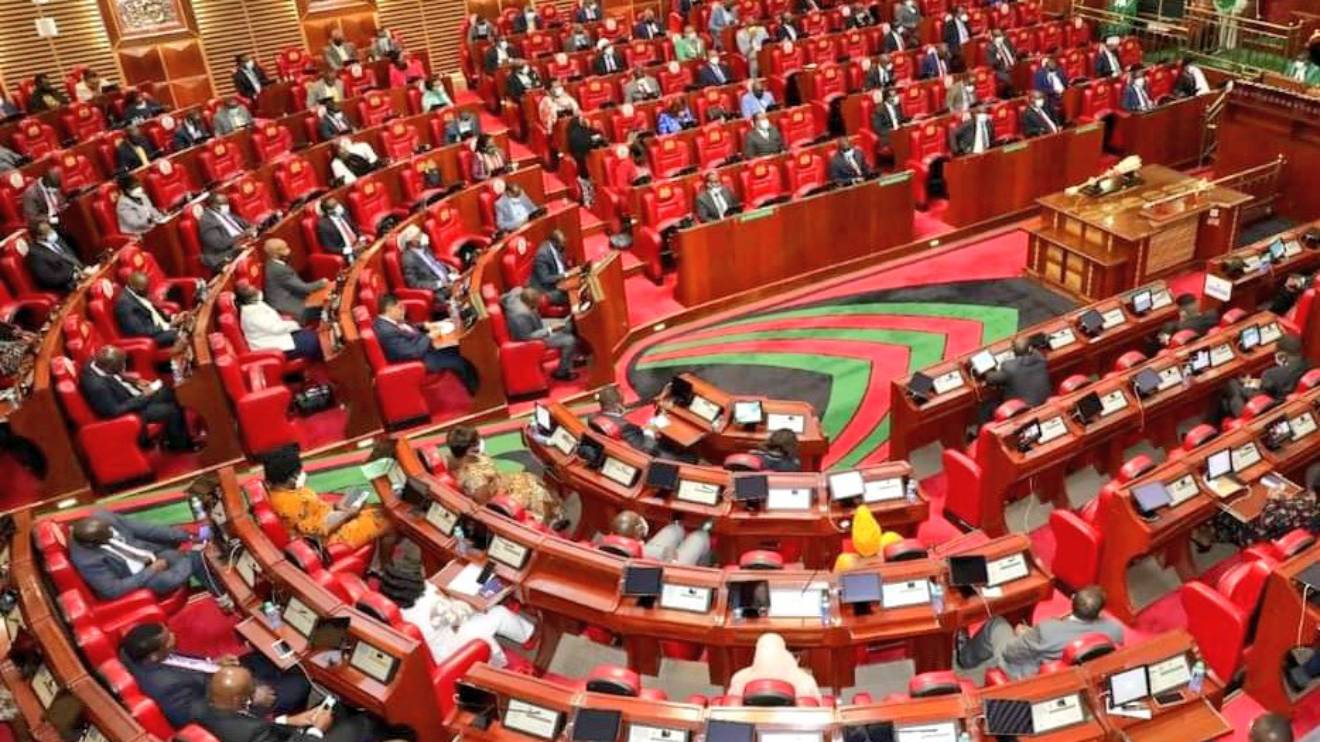The British Broadcasting Corporation (BBC) has set the stage for what could become a landmark copyright battle, threatening legal proceedings against a United States-based artificial intelligence firm, Perplexity AI.
The broadcaster is accusing the company’s chatbot of lifting BBC material “verbatim” without consent.
The BBC, one of the world’s largest and most influential news organisations, has formally written to Perplexity’s chief executive, Aravind Srinivas, demanding immediate action.
According to the broadcaster’s communication, the AI firm must stop utilising any BBC content, delete any material it already holds, and put forward proposals for financial compensation regarding the material it has allegedly misused.
The letter notes, “This constitutes copyright infringement in the UK and breach of the BBC’s terms of use.”
Read More
This move marks the first occasion the BBC has taken direct legal steps against an artificial intelligence company over alleged copyright violations.
The organisation’s letter highlights concerns that unauthorised use of its journalism could erode the trust of audiences, particularly those in the United Kingdom who fund the BBC through the licence fee.
The BBC’s letter referenced earlier findings from its research that indicated significant shortcomings in how four widely-used AI chatbots, including Perplexity AI, summarised news reports.
The broadcaster’s analysis suggested that some AI-generated summaries misrepresented its reporting, thereby failing to meet the BBC’s editorial standards for impartiality and accuracy.
The letter warned that such distortions could be harmful, stating, “It is therefore highly damaging to the BBC, injuring the BBC’s reputation with audiences, including UK licence fee payers who fund the BBC, and undermining their trust in the BBC.”
In response, Perplexity issued a brief statement, pushing back against the allegations.
“The BBC’s claims are just one more part of the overwhelming evidence that the BBC will do anything to preserve Google’s illegal monopoly,” the company declared.
However, it did not elaborate on how Google might be connected to the broadcaster’s legal position, nor did it provide further comment on the matter.
The case shines a spotlight on the complex tensions between traditional media and emerging AI technologies, as well as the growing scrutiny over how artificial intelligence systems source and present information.








-1745263711.jpg)